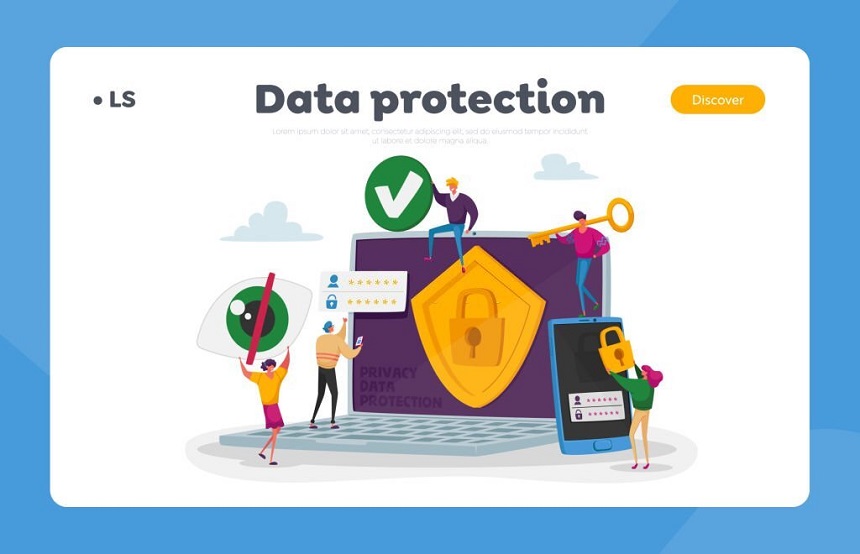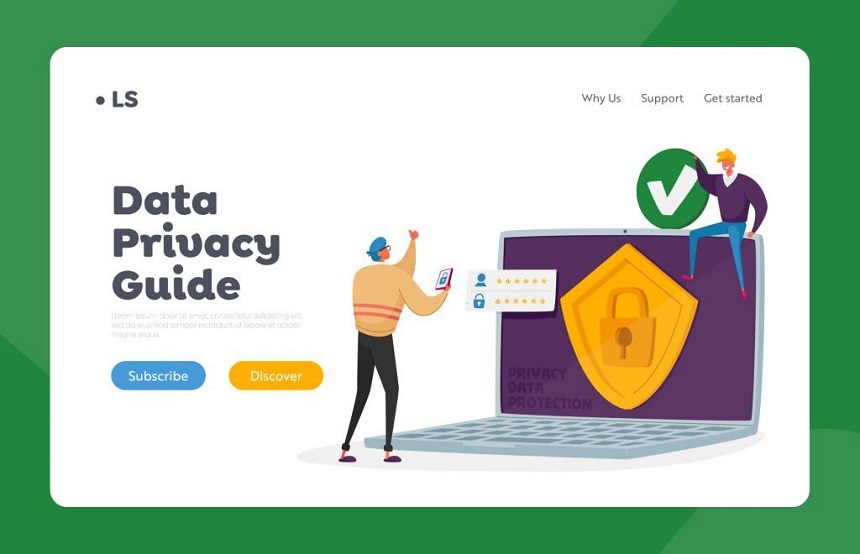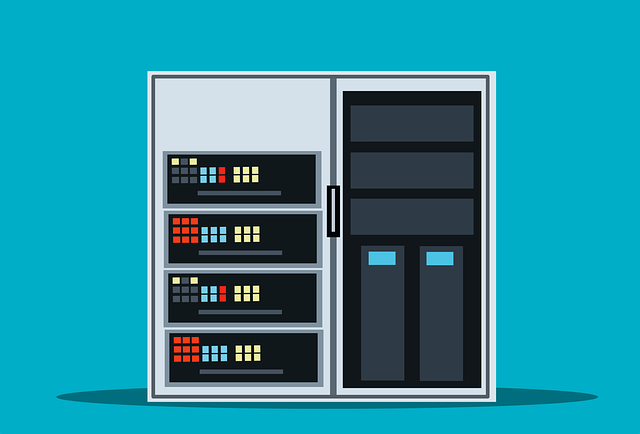Can proxy IP handle DDoS attacks?
Can proxy IP handle DDoS attacks?
Proxy IP cannot directly handle DDoS (Distributed Denial of Service) attacks because DDoS attacks usually involve a large amount of malicious traffic that exceeds the processing capacity of the proxy server. However, proxy IP can provide some protection measures to mitigate the impact of DDoS attacks on the target server to a certain extent. The specific methods include:
IP hiding: Using proxy IP can hide the real server IP address, making it difficult for attackers to directly locate and attack the target server.
Traffic filtering: Some proxy servers provide traffic filtering function, which can detect and filter out abnormal traffic, reducing the impact of DDoS attacks on the target server.
Load balancing: Using proxy IP can distribute traffic to multiple servers, achieve load balancing, and alleviate the pressure of DDoS attacks on a single server.
CDN acceleration: Proxy IP service providers may provide CDN (Content Delivery Network) acceleration function, caching static resources to globally distributed nodes, providing higher access speed and the ability to resist DDoS attacks.

It should be noted that the measures taken by proxy IP may have certain limitations. For large-scale and high-intensity DDoS attacks, more professional and comprehensive defense measures such as DDoS protection devices and cloud protection services are still required.
Can proxy IP handle IP blocking?
Using proxy IP can to some extent deal with IP blocking, depending on several factors:
Changing IP address: By using proxy IP, the real IP address can be changed, avoiding direct access to the target website with the blocked IP address. This can bypass the website’s blocking of specific IP addresses.
IP diversity: Proxy IP services usually provide multiple IP addresses to choose from, allowing the use of different IP addresses in rotation, so that the blocked IP address can be replaced, and continue to access the blocked website.
IP anonymity: Using proxy IP can hide the real IP address, making it impossible for the website to directly obtain the real IP information of the visitor. This way, even if an IP address is blocked, the website cannot determine the true identity of the visitor.
It should be noted that although proxy IP can help bypass some IP blocking, it cannot guarantee complete response to all IP blocking situations. Some websites have strict blocking policies and may detect and block proxy IP or proxy server IP addresses. In addition, abusing proxy IP to evade IP blocking may violate the website’s usage rules and even violate laws and regulations. When using proxy IP, one should comply with the website’s access rules, respect the website’s restrictions and requirements, and avoid causing adverse effects or engaging in illegal activities on the website.
Can proxy IP achieve multiple proxy chains?
Yes, proxy IP can achieve multiple proxy chains, also known as proxy chains or proxy cascades. By connecting multiple proxy servers, each proxy server using a different proxy IP address, a proxy chain can be formed to forward requests through multiple proxy servers, thereby achieving multiple proxies. This can increase anonymity and privacy protection, making it more difficult to trace and identify the real IP address.
In a multiple proxy chain, the request will pass through each proxy server in turn, and each proxy server will forward the request to the next proxy server until it reaches the target server. Each proxy server will change the proxy IP address, constantly changing the source IP address of the request, thereby increasing anonymity and privacy protection.
It should be noted that using multiple proxy chains will increase the latency and complexity of requests because the requests need to be forwarded through multiple proxy servers. In addition, the stability of the proxy chain is also a consideration. If one of the proxy servers fails or becomes unavailable, the entire proxy chain may be interrupted or unable to function properly. Therefore, when choosing and configuring multiple proxy chains, the quality and stability of the proxy servers need to be considered, as well as setting reasonable forwarding rules and parameters to ensure the availability and performance of the proxy chain.











